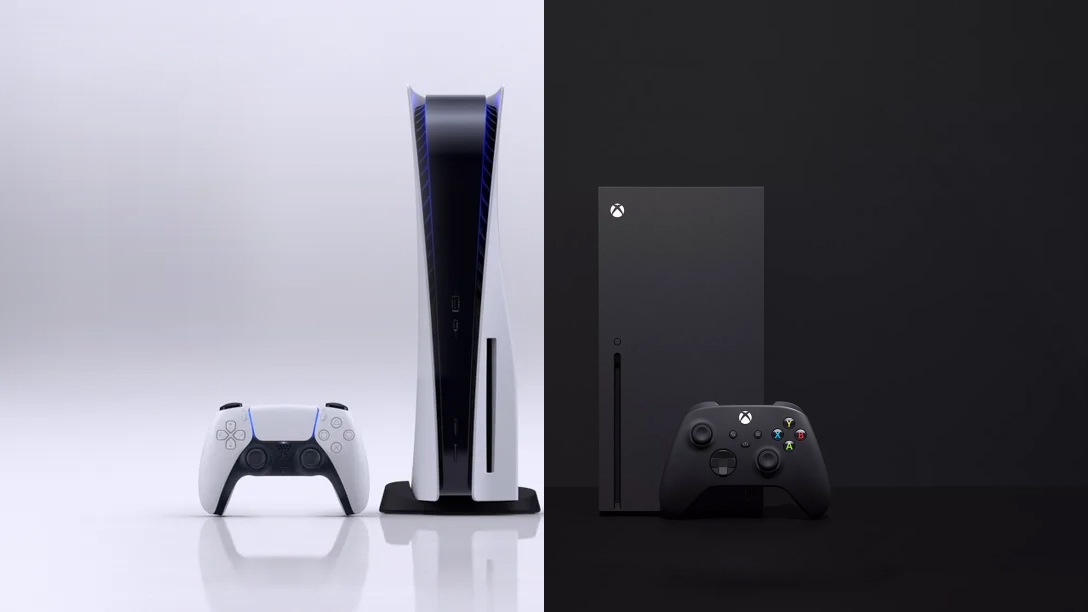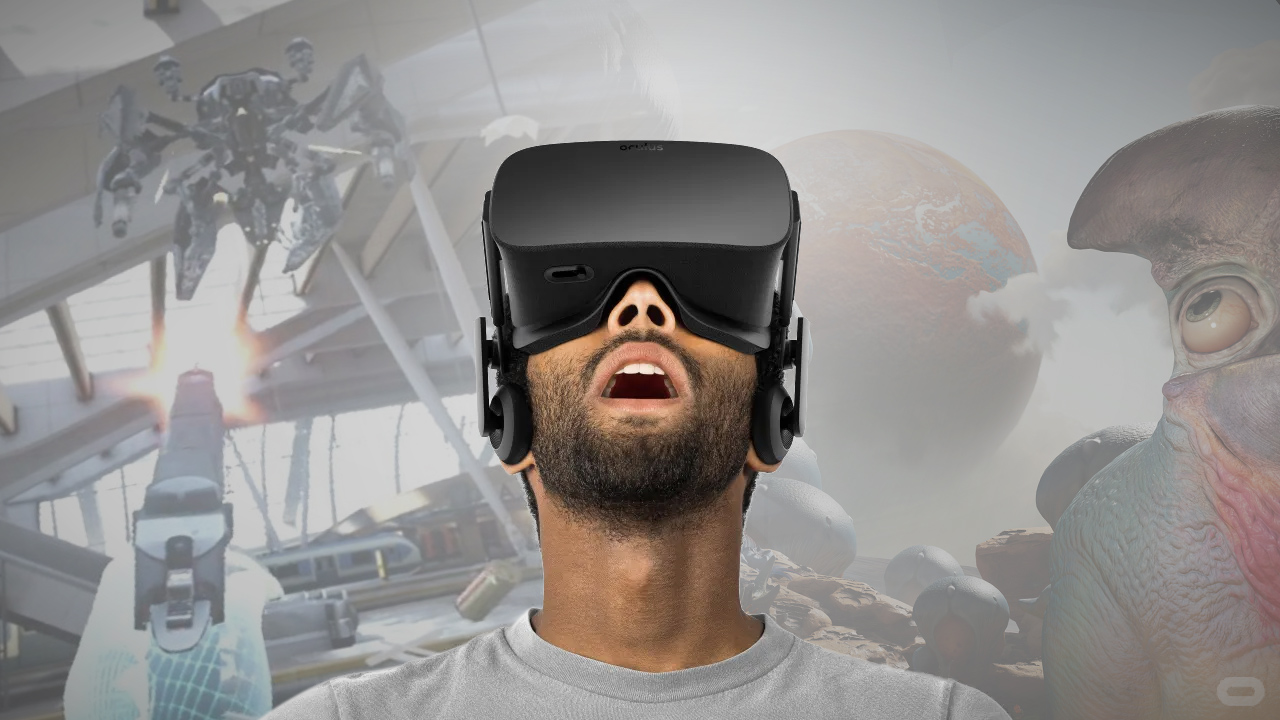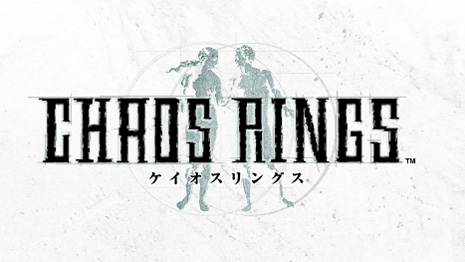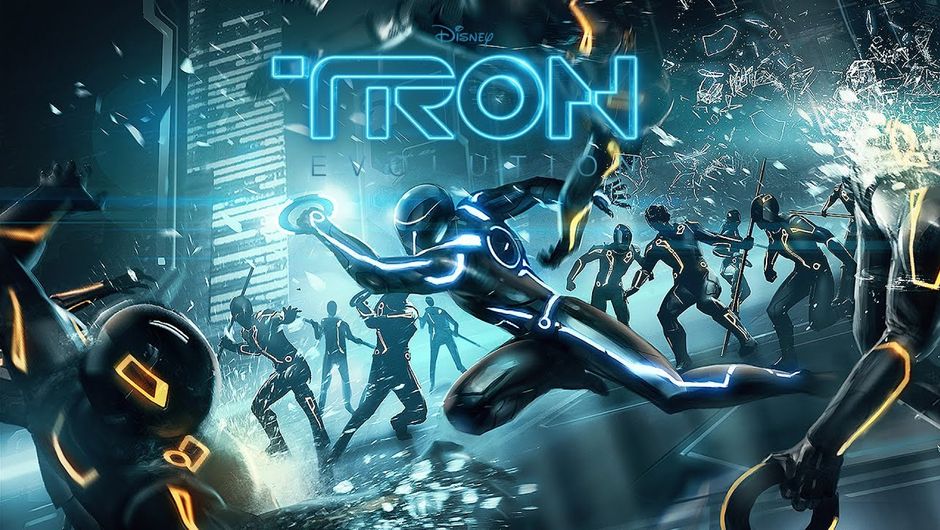It's been a long time since I was at the age where someone's choice of game platform affected my opinion of them as a person. In fact, I quite prefer the diversity of devices we have today to a comparatively grim reality where everyone uses a single "right" platform. In the same vein, I also spend substantially less time actually playing games than I used to. But I still enjoy them when I can, and keeping up with games and gaming culture is a hobby in itself.
So, take this post not as an argument of one platform fanboy against another, but as a representation of what I feel is an under-represented argument in the gaming community in general.
At the start of the now-closing 8th console generation, I was all in on PlayStation 4. I got into the previous generation late with the PlayStation 3 and had a blast with its vast array of unique exclusive games. I had some interests in Xbox too, and occasionally opted to play something on PC, but PlayStation had breathed new life into my gaming experience and I was excited for more.
Unfortunately, it ultimately failed to deliver. Certainly not from lacking quality titles, mind you, but from being generally the worst place to play them.
Hear me out.
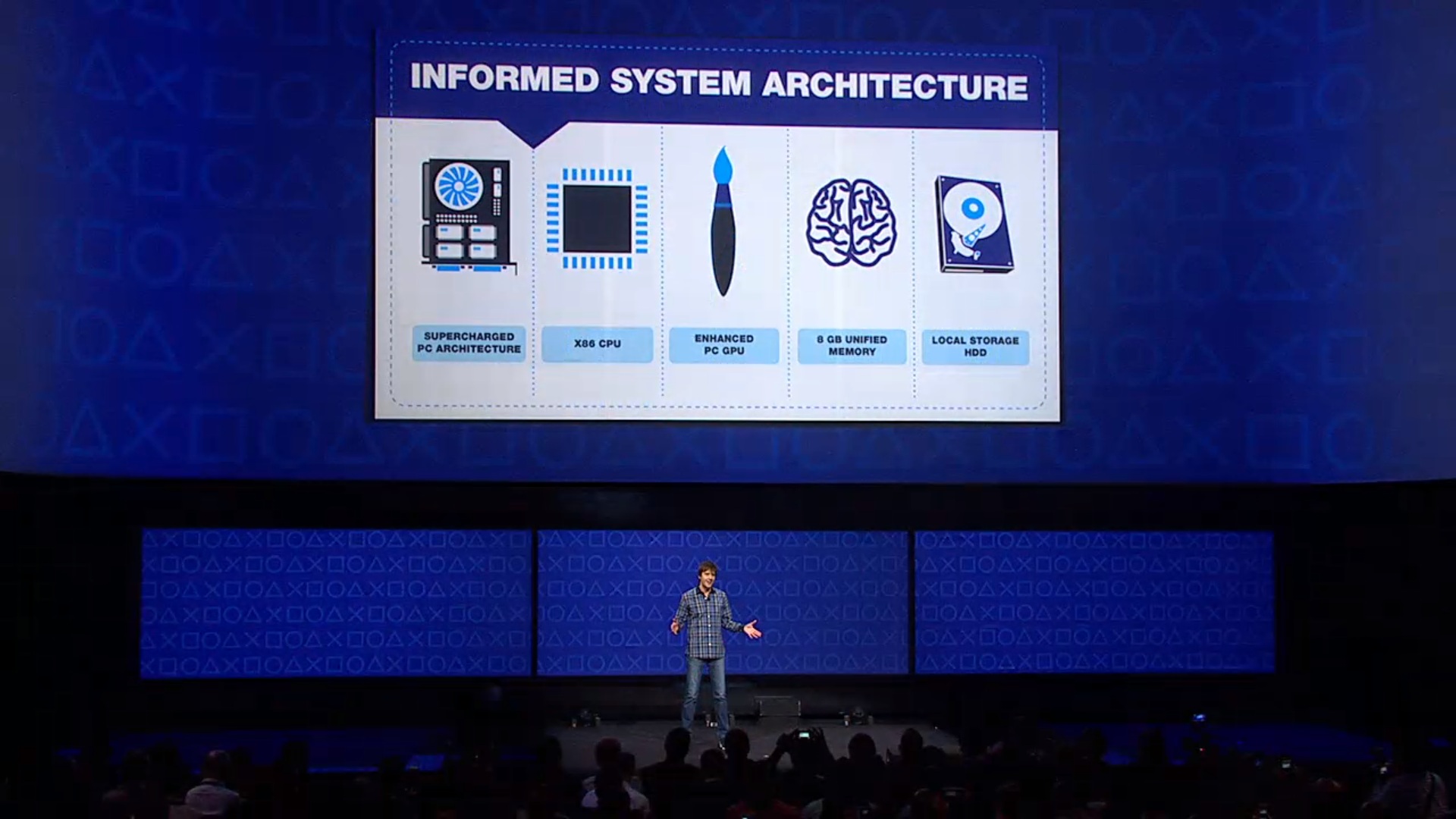
The Walled Garden Grows
Many interesting changes took place over the past 7 years. Microsoft and Sony both moved to a mostly standard x86 system architecture for their consoles—the same architecture as the vast majority of PC's. Many publishers soon discovered that they could cheaply produce PC ports of their games and net a cool million or so sales on top of flagship console ports. Initial efforts were rough around the edges, but with enthusiastic reception came increased efforts to meet PC gamers' demands. Eventually, PC became a first-class citizen rather than a secondary market.
This was an especially interesting turn of events for Microsoft, who happens to make the OS most PC games run on. With PlayStation absolutely trouncing Xbox hardware sales, Microsoft decided to focus on software instead, turning Xbox into a service that could run on any device. And the goal of a service, after all, is to reach the broadest audience possible. It's the opposite approach from Sony, Nintendo, and bygone-era Microsoft as well, who all tried to imitate the Apple method of locking users into a single ecosystem and keeping them there as long as possible… so they will spend money within said ecosystem exclusively. Microsoft no longer needed this approach, and it wasn't working for them anyway. Nintendo even took two steps forward by opening up cross-platform multiplayer and creating a device for multiple form factors.
Sony, on the other hand, only doubled down on exclusivity. They had to. After killing PlayStation Vita, Sony had no alternative platform to broaden their ecosystem's scope. Remote Play and PlayStation Now were brought over to PC, but make no mistake: for Sony, streaming software is an advertisement for hardware, not a replacement. To add insult to injury, they also raised the price for PlayStation Plus, an essentially required subscription for any PlayStation user to participate in multiplayer games.
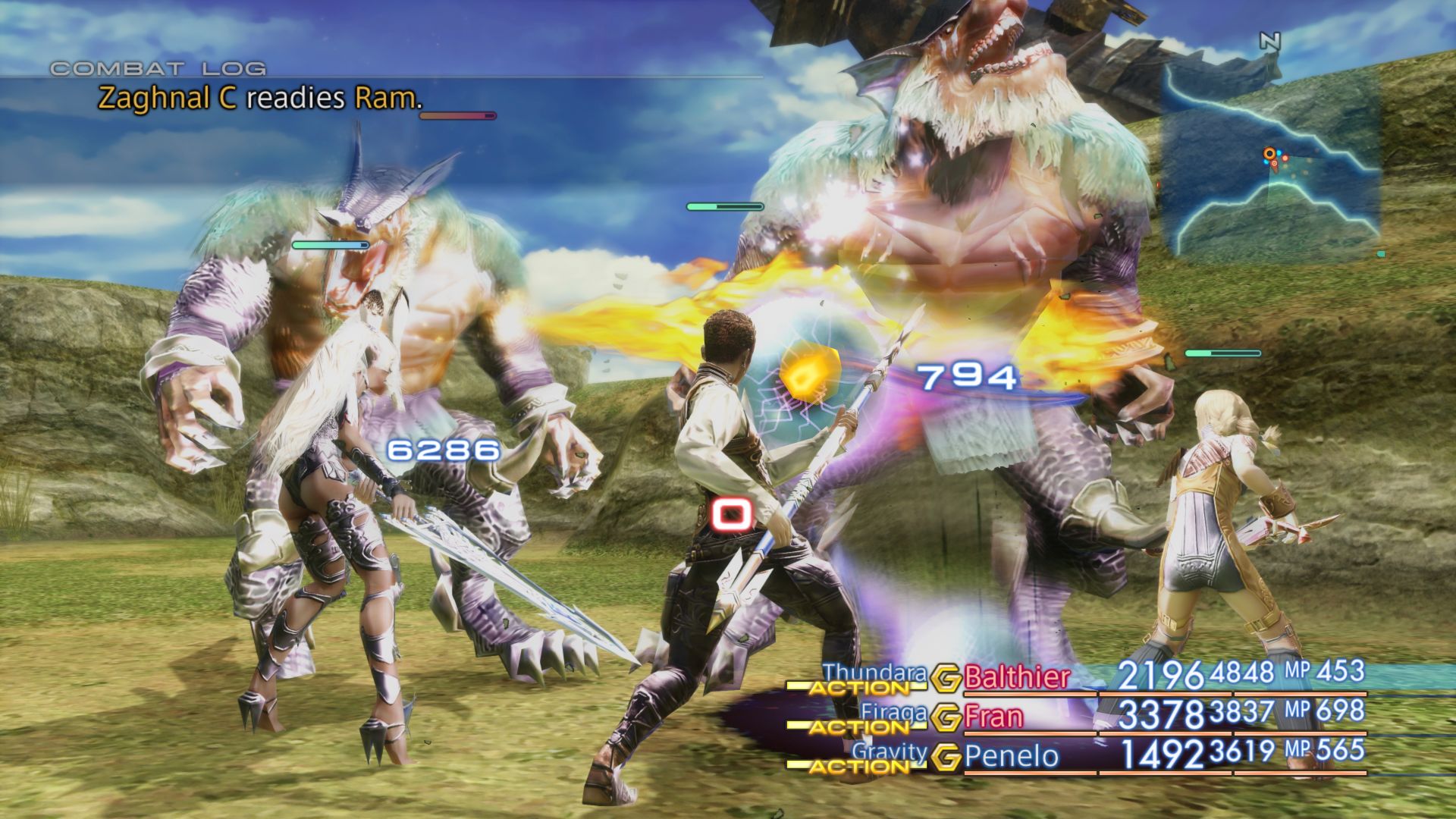
The Double-Dipping Dilemma
With other platforms opening up their software to more ways to play, Sony's knuckling down was palpable. Had PlayStation 4 been the best place to play, I might not have cared. But as time went on, PlayStation versions of games felt increasingly lackluster by comparison. At least Nintendo Switch let you play games on the go without streaming. At least Xbox let you carry your purchases and save files between console and PC. Even if other consoles' hardware couldn't quite match PlayStation in resolution and framerate, they offered greater value.
And PC hardware could.
More and more often, new games would release on PlayStation and arrive on PC a few months later. The PS4 version might have framerate or frame pacing issues, be locked to 1080p30 in the best case scenario, and struggle with antialiasing, bland textures, and geometry pop-in. For anyone who spent their money to access the game early, the PC release was a kick in the teeth. "This is the version you really wanted. Now pay us again," publishers seemed to say. But of course, there was no save file transfer from PlayStation to PC, which meant moving platforms was not only wasted money, but wasted time.
For me, the most tangible example was Final Fantasy XII: The Zodiac Age. Originally a PS2 game, the whole point of re-releasing on PS4 was to preserve the game on a more modern platform—like re-releasing a VHS movie on Bluray. Considering it was also my favorite in the series to date, I was eager to play it again. I knew a PC release was a possibility, but I had my doubts that such an old game would be any better on PC versus PS4. And besides, Square Enix was downplaying the possibility of a PC release anyhow.
Well, a few months later, a PC version was released, and it did have tangible improvements over the PS4 version: 4K resolution and 60 FPS support, specifically, along with a handful of other minor additions. But the real kicker is that the PC version of the game would actually achieve the goal of preservation indefinitely into the future. I would never have to re-buy the game again, because PC is infinitely backwards and forwards compatible. Even should compatibility break someday, I can fire up a virtual machine with an older OS and be on my way, with all my save files intact.
While it seems to have died down, the trend of publishers encouraging double-dipping on PlayStation and the platform you really wanted was enough to make me second-guess. I started seeing any investment in PlayStation as flushing money down the drain. Sure, PlayStation 5 may have backwards compatibility with PlayStation 4, but what about PlayStation 6? And what about all the PS1, PS2, and PS3 games Sony has still left behind? I have ports for nearly all of my favorites on PC, but there's no guarantee they'll ever see the light of day on PlayStation again. And if they do, you'll most likely be expected to pay a second (or third, or fourth…) time for the privilege.
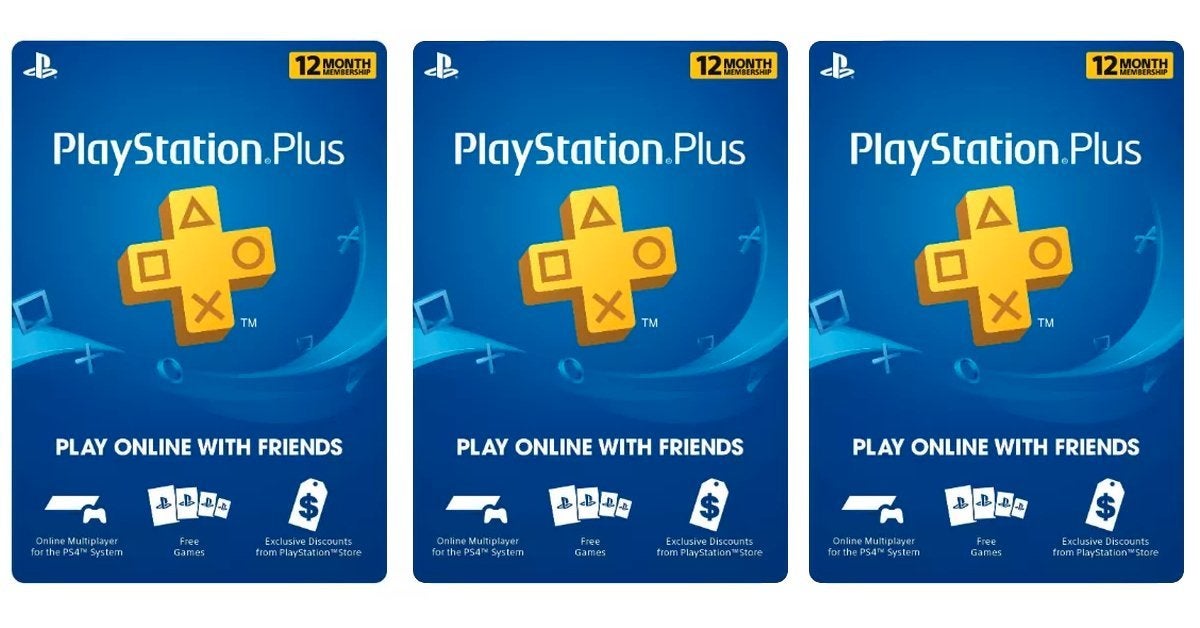
The True Cost of Consoles
The other big financial consideration comes in the choice of hardware itself. The common justification for buying a console is to ask, "Can you build me a PC for $399?" Aha! Got 'em. But the reality is, a console doesn't just cost $399.
Sony isn't the only one guilty here, but since it reflects my experience, I'll stick with them as an example. In 2013, a PlayStation 4 cost $399. At the time, a yearly subscription to PlayStation Plus was $50. In 2017, that price increased to $60. By now, that tallies up to a cool $380 in subscription fees alone—almost as much as the base console. And this generation didn't only have a base console. If you own a 4K TV or monitor, you probably upgraded mid-generation to the PS4 Pro. Let's say you traded in for $200 out of pocket.
All totaled, you spent $979 on PlayStation 4 this generation!
Nearly $1K for a platform that won't let you take your games with you to any other platform, that won't take advantage of better hardware without an official patch, and that holds your saves captive forever.
Meanwhile, if the question is, "Can you build me a PC for $979?" the answer is a resounding yes! In fact, there's a PC for just about any budget out there. Most people already have a keyboard and mouse laying around, and you probably even have at least one license of Windows. If not, it's completely possible to fit these sorts of one-time purchases into the budget for now and wait for upgrades later.
Because of course, a $1,000 PC from 2013 will definitely be showing its age in 2020. But it will still be very capable, and even moreso with just one or two upgrades. Rather than replace the entire box, you can sell old components to help fund new ones as you need them. It's been several generations since I last spent more than $100 out of pocket for a new GPU. And no matter what parts you replace, your game library comes with you—no re-buying for new hardware. And in the meantime, you'll get a better experience. You're free to prioritize resolution or framerate to your preference. You can hop between game generations with the click of a button. Got a laptop? Cloud sync your library and you've got a portable solution for on-the-go. And of course, a PC is capable of far more than just playing games. You could even make your own to fund future hardware investments! It's an all around better value for money.
And before you mention the fact you also got some "free" games with your subscription money, allow me to introduce you to the Epic Games Store, Uplay giveaways, Humble Bundle, GreenManGaming, Fanatical, and of course, the seasonal Steam sale. There's an absurd variety of ways to get games free or dirt stinkin' cheap on PC, and you get to keep them—not held hostage to a subscription. Besides, how many of those "free" PlayStation Plus games do you actually play anyhow?

The Way I See It
With PlayStation 5 and Xbox Series X, the cost of console gaming is rising, as is the complexity. 8th-gen consoles already suffered from frequent updates bogging down the "it just works" experience, and moving forward, games will be more internet-dependent than ever. Optical media is phasing out in favor of digital downloads, and on console, you'll only have one store to choose from.
I still like consoles, mind you, and I believe they set an essential standard for the industry to agree upon. I write middleware for game developers, and I'm always extra excited when I see one of them used on a console title. But given the global situation and its effects on personal finances, it's seriously worth considering your next game platform based on its value for money, not just hype. Time will tell if next-gen consoles offer some advantage PC won't catch up with for a few years, but it'll definitely catch up. And when it does, I'll be happy to upgrade knowing it's money well-spent.
